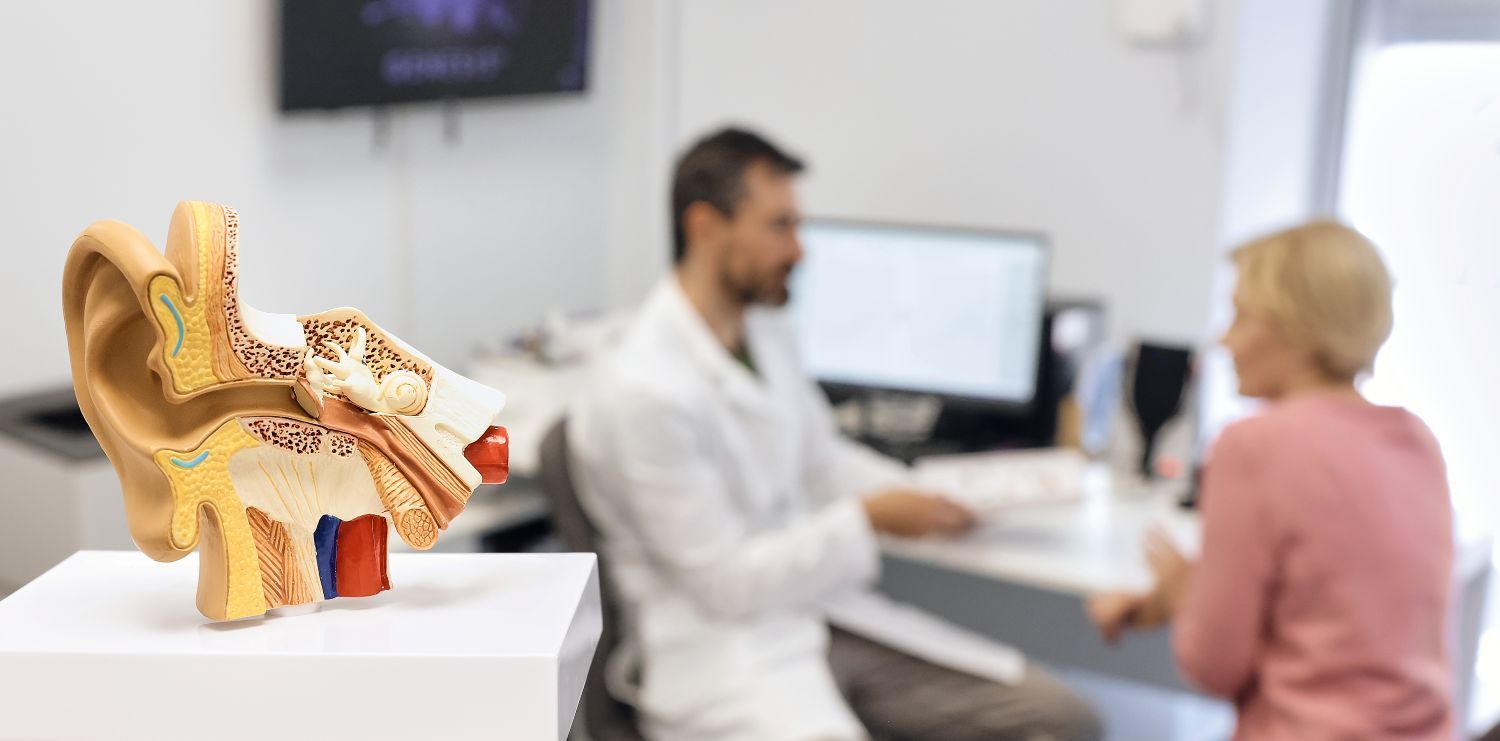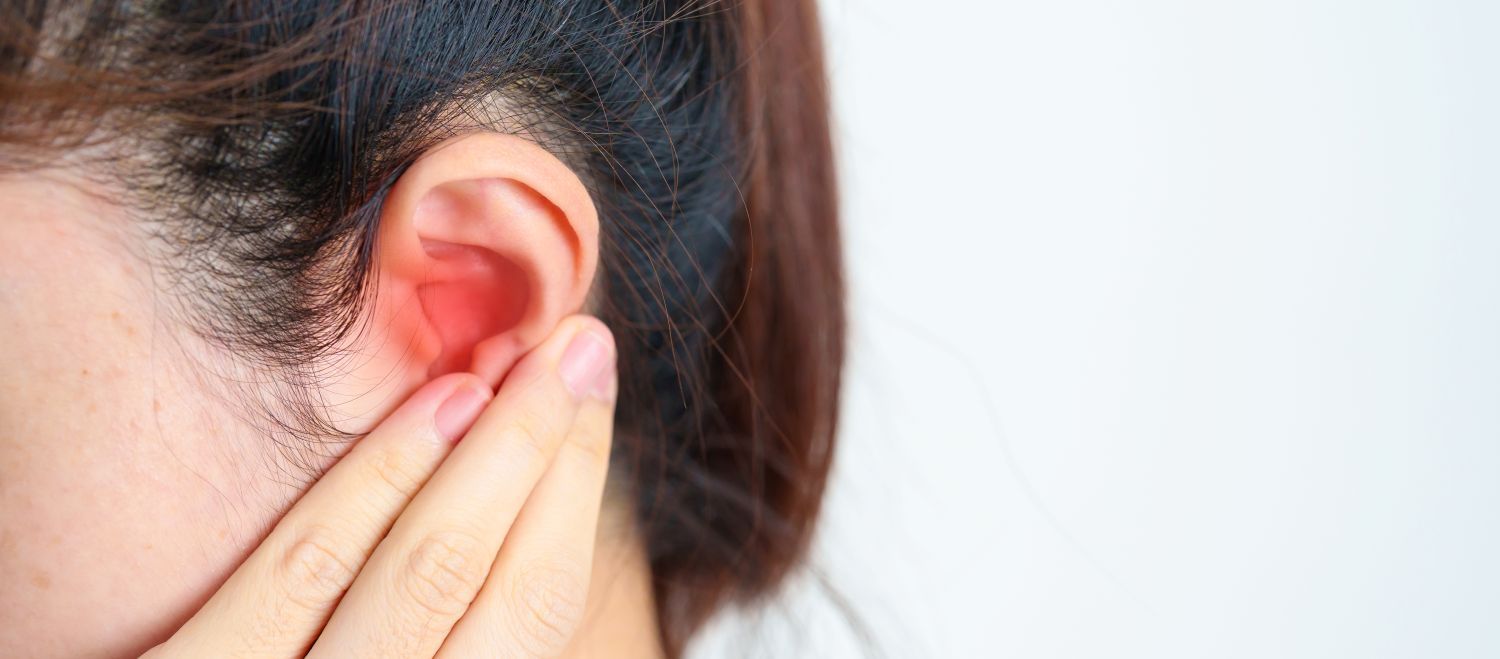How to Unblock an Ear During a Cold
A blocked ear is a common problem during or after a cold. It can make hearing muffled, cause discomfort, and sometimes lead to dizziness. This happens because colds can affect the eustachian tube, a small canal connecting the middle ear to the back of the throat. When the tube becomes inflamed or clogged with mucus, it disrupts the normal pressure in the ear, causing that blocked feeling. If you’re dealing with this, here’s how to address it safely and effectively.
Use Steam to Clear the Nasal Passages
Inhaling steam is one of the simplest ways to relieve ear blockage caused by a cold. Steam helps loosen mucus in the nasal passages and can reduce inflammation, improving airflow and potentially unblocking the eustachian tube.
To try this, boil water and pour it into a bowl. Lean over the bowl, covering your head with a towel to trap the steam. Breathe deeply through your nose for 10–15 minutes. Repeating this process a few times a day can help reduce congestion.
Try the Valsalva Maneuver
The Valsalva maneuver can help equalize pressure in your ears. This technique is straightforward but should be done gently to avoid damage. Close your mouth, pinch your nostrils shut, and gently blow air as if trying to blow your nose. This may help open the eustachian tube and relieve the blocked sensation.
If you feel pain or discomfort while doing this, stop immediately. It’s important not to force the air, as this could harm your ears.
Stay Hydrated to Thin Mucus
Drinking plenty of fluids is vital when you have a cold. Water, herbal teas, and clear broths can thin the mucus, making it easier for it to drain from the eustachian tube. Proper hydration also supports the body’s natural healing process.
Avoid caffeine and alcohol, as they can dehydrate the body and worsen congestion.
Use a Warm Compress
Applying a warm compress to the affected ear can ease discomfort and improve circulation. The heat may reduce swelling and promote the opening of the eustachian tube.
Soak a clean cloth in warm water, wring out the excess, and place it over the ear for 10–15 minutes. Repeat this several times a day for relief.
Consider Over-the-Counter Remedies
Decongestants and antihistamines can be helpful if the blockage is severe. Decongestants reduce swelling in the nasal passages, while antihistamines can alleviate symptoms related to allergies. Always read the instructions carefully and consult a pharmacist or doctor if you’re unsure about using these medications.
Nasal decongestant sprays can also relieve congestion, but they should not be used for more than three consecutive days to avoid rebound congestion.
When to Seek Medical Attention
Most cases of blocked ears resolve on their own within a few days, but there are times when professional help is necessary. Consult an ear doctor if:
● The blockage lasts more than a week.
● You experience severe pain, fever, or fluid drainage.
● Your hearing becomes significantly impaired.
These symptoms could indicate an ear infection or other underlying issues requiring medical treatment.
Prevention Tips
To prevent future ear blockages during a cold, focus on keeping your nasal passages clear. Use saline sprays or rinses, practice good hygiene to avoid catching colds, and avoid smoking, which can irritate the respiratory system.
Take control of your ear, nose, and throat health today with us at ENT Medical and Surgical Group. Whether you're dealing with persistent ear blockages, sinus issues, or require advanced surgical care, our dedicated team is here to help. Schedule your consultation now and experience personalized, professional care you can trust.













